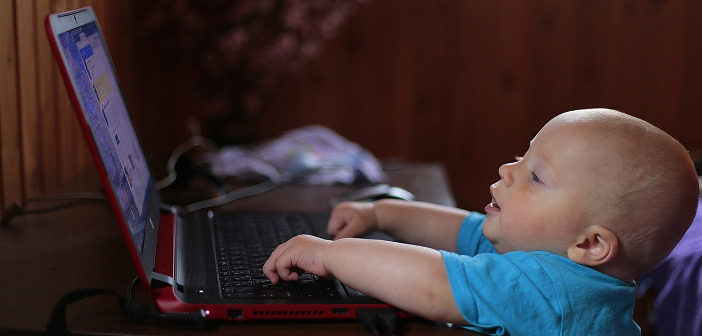On January 1 2019, we finally arrived at the future which science fiction movies have been predicting for us, and found… well, it’s pretty much the same as the past. There are no robot slaves as predicted in Blade Runner (unless you count the Roomba), or gladiatorial TV game shows like The Running Man.
However one technology has changed our world in a way predicted by virtually nobody. While some visionaries foresaw the internet, they never expected that we would mainly use it for gossip, grumbling, backbiting, and showing off. The ubiquity of social media shows how little we have evolved since the 100,000 years as hunter-gatherer tribes which constitutes most of human history.
The first generation that grew up with Twitter, Facebook, and blogging are about to come of age, and it may be that they are smarter and warier users of these platforms than the older generation. This was brought home in an unsettling article in the Washington Post by blogger Christie Tate, who described her daughter’s horror on discovering that her mother had been posting stories and pictures of her online virtually since her birth.
Could I take the essays and pictures off the Internet, she wanted to know. I told her that was not possible. There was heavy sighing and a slammed door. When I had pictured our first serious conversation about how the Internet is forever, I always thought we’d be talking about content posted by her, not me.
Tate’s apparent naivety is breathtaking, and she justifies her refusal to stop using her daughter as material with some disturbingly twisted logic, at one point suggesting that doing so would be tantamount to abuse (of her, of course, not her daughter). And she chooses to turn the experience into an article with a clickbaity “here’s why” headline.
However, it’s uncomfortable reading for anyone who’s ever posted pictures of their children online. And here I have to own up, as someone who has blogged about my children extensively for beijingkids, online and in the magazine. In some of these articles (such as travel writing) they are mentioned only in passing, though often featured in the photographs. However I also write quasi-humorous vignettes of family life, and in these the boys are the main subject.
The humorous pieces, though based on real life, are to some extent fictionalized, with the rough edges trimmed off for narrative purposes. And these I always show to my sons before publication. Usually they’re amused and proud – I depict them (as they are in real life) as sharp and witty, and often one step ahead of me. Only on one occasion did I publish something to which they objected, because I felt the gag was too good to waste. So my apologies to Joseph: he never really ran around with a tea towel on his head.
Even so, asking them to agree now for something to be online forever is morally questionable, to say the least. What seems harmless now might be meat for bullies later. And while not everyone blogs about their kids, most people have shared photographs of them online. Even if those pictures are supposedly only visible to friends and family, they can be copied and used elsewhere… and how sure can we really be that our data, including our pictures, are as secure as might hope?
On the other hand, for us as expats, both social media and my blogs have been helpful for keeping in touch with people back home. And the first thing that the vast majority of teenagers do when they get access to the internet is start sharing like crazy. Teens of every era are intensely social beings, and Instagram, Snapchat, and the rest give them a place in which they can start establishing their own identity.
Like all the other ethical conundrums posed by new technology, it’s likely that the accepted norms of behavior will settle down in time. It’s also likely that they will always be questioned and challenged. It is, after all, just human nature.




